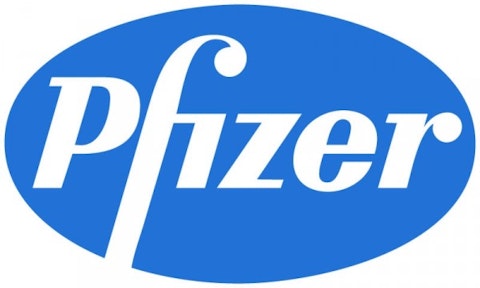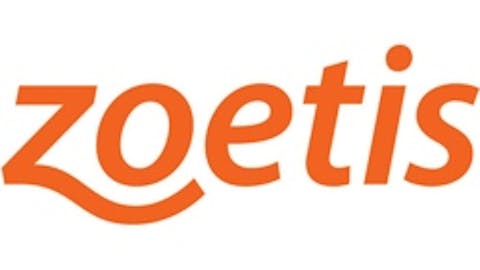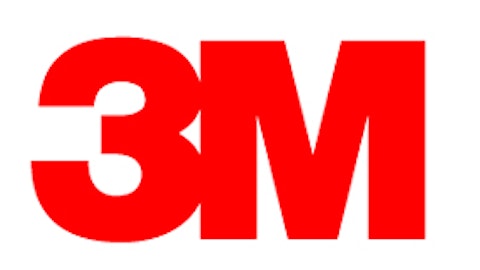Pfizer Inc. (NYSE:PFE) faced a rough 2012 after Lipitor’s loss of exclusivity in November 2011. Pharmaceuticals still made up 87% of total sales, but the segment’s 11% dip was difficult to make up elsewhere. The picture isn’t quite as bleak if investors exclude Lipitor — pharmaceutical sales grew a modest 1.4% but were still essentially flat after accounting for unfavorable exchange rates.
The company’s pipeline has potential, but a management team eager to unlock potential wanted to make a more immediate splash. How do you do that? The company chose to spin off its second most lucrative business, animal-health subsidiary Zoetis Inc (NYSE:ZTS), as a separate entity. Investors should know that Pfizer isn’t the only pharmaceutical company with an animal-health division that also faces concerns regarding the patent cliff, pipelines, and shareholder dismay.

Spinoffs pending?
Zoetis is currently the only pure play for investors looking to tap into the animal-health industry, but that doesn’t negate the competition. Here’s a look the top animal-health businesses being hidden within pharmaceutical companies:
| Company, Parent | 2012 Sales | 2012 Sales Growth | % of Total Sales |
|---|---|---|---|
| Zoetis, Pfizer | $4.3 billion | 3% | 7.3% |
| Merck Animal Health, Merck & Co., Inc. (NYSE:MRK) | $3.4 billion | 4.5% | 7.2% |
| Merial, Sanofi SA (ADR)(NYSE:SNY) | $2.9 billion | 3.1% | 6.2% |
| Elanco, Eli Lilly & Co. (NYSE:LLY) | $2.0 billion | 21% | 9% |
Source: Company 2012 SEC filings.
These companies could all gain from following the spinoff trend. Similar to Pfizer, Merck recently lost exclusivity on its signature blockbuster, Singulair. Sales of the drug fell 30% to $3.85 billion in 2012 but will fall even further this year as generics gain traction.
Sanofi’s Merial offers well-known products such as Frontline and Heartgard, which drove emerging-market sales growth 17.6% last year. The company’s December acquisition of Dosch Pharmaceuticals’ animal-health division will give Merial access to the growing Indian market and highlights the myriad of opportunities the industry offers.
Eli Lilly’s Elanco is the smallest of the bunch but is also the fastest growing. Investors might be surprised to learn that the domestic market grew by a staggering 30% in 2012, compared with “only” 12% growth in international markets. In fact, the company generated 57% of its sales last year from the United States market.
Why it works
Before the Zoetis IPO, fellow Fool Keith Speights highlighted that the spinoff technique is far from perfect. Pfizer untethered one of its fastest-growing business segments at the same time its core pharmaceutical business slows. I mentioned that 2012 sales actually grew if Lipitor is excluded and have previously written about reasons for cautious optimism when it comes to the future of Big Pharma, but the risks are real.
Despite the well-founded concerns Keith laid out, the spinoff unlocks value on two fronts for Pfizer. First, allowing the animal-health company to be completely independent will allow Pfizer to focus on developing its pipeline, while Zoetis won’t be held back by pharmaceutical patent woes, although you have to imagine that the two were pretty independent before the spinoff. Second, Pfizer still owns 83% of Zoetis shares. This allows the pharmaceutical giant and its investors to tap into share appreciation on the open market. Not to mention that Pfizer wields plenty of voting power to nudge the company into intriguing growth deals.




